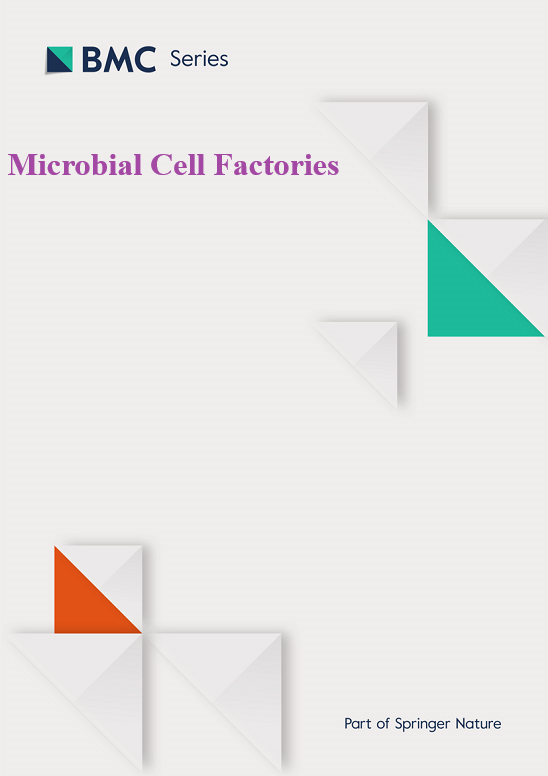Metabolic engineering of Escherichia coli for high-level production of benzyl acetate from glucose.
Abstract
Background: Benzyl acetate is an aromatic ester with a jasmine scent. It was discovered in plants and has broad applications in food, cosmetic, and pharmaceutical industries. Its current production predominantly relies on chemical synthesis. In this study, Escherichia coli was engineered to produce benzyl acetate.
Results: Two biosynthetic routes based on the CoA-dependent β-oxidation pathway were constructed in E. coli for benzyl acetate production. In route I, benzoic acid pathway was extended to produce benzyl alcohol by combining carboxylic acid reductase and endogenous dehydrogenases and/or aldo-keto reductases in E. coli. Benzyl alcohol was then condensed with acetyl-CoA by the alcohol acetyltransferase ATF1 from yeast to form benzyl acetate. In route II, a plant CoA-dependent β-oxidation pathway via benzoyl-CoA was assessed for benzyl alcohol and benzyl acetate production in E. coli. The overexpression of the phosphotransacetylase from Clostridium kluyveri (CkPta) further improved benzyl acetate production in E. coli. Two-phase extractive fermentation in situ was adopted and optimized for benzyl acetate production in a shake flask. The most optimal strain produced 3.0?±?0.2?g/L benzyl acetate in 48?h by shake-flask fermentation.
Conclusions: We were able to establish the whole pathway for benzyl acetate based on the CoA-dependent β-oxidation in single strain for the first time. The highest titer for benzyl acetate produced from glucose by E. coli is reported. Moreover, cinnamyl acetate production as an unwanted by-product was very low. Results provided novel information regarding the engineering benzyl acetate production in microorganisms.





